 A plague has spread, and the Victories are immune. The result? The masses have officially turned their back on our heroes; they want them rounded-up and locked away. And while issue #4 of the Victories initially seems intent on simply exploring the familiar theme of “super-us” vs. “normal-them,” Michael Avon Oeming takes a surprising detour. And it works.
A plague has spread, and the Victories are immune. The result? The masses have officially turned their back on our heroes; they want them rounded-up and locked away. And while issue #4 of the Victories initially seems intent on simply exploring the familiar theme of “super-us” vs. “normal-them,” Michael Avon Oeming takes a surprising detour. And it works.
Here’s the official word from Dark Horse:
With the public turning against the Victories and other powered humans, the government takes action. All powered beings are ordered to turn themselves in to an internment camp, but when heroes and villains alike refuse to do so, a new force is unleashed, and one villain is made an example of.
Here’s what the The Victories is NOT doing — offering us new variations  on what’s become a classic and oft-explored tension in the superhero genre: humans and super-humans mixing, and how this erupts into the human fear of otherness. The plot? Well, some bad shit happens. And yes, the superheros get blamed. And yes, now all the normies want to lock them up. And for the first few pages, The Victories #4 doesn’t seem to be contributing anything new. But then suddenly it does. And it comes from D.D., whose power enables her to store energy in her sleep, which she must burn off via superhero feats, or risk getting fat and dying.
on what’s become a classic and oft-explored tension in the superhero genre: humans and super-humans mixing, and how this erupts into the human fear of otherness. The plot? Well, some bad shit happens. And yes, the superheros get blamed. And yes, now all the normies want to lock them up. And for the first few pages, The Victories #4 doesn’t seem to be contributing anything new. But then suddenly it does. And it comes from D.D., whose power enables her to store energy in her sleep, which she must burn off via superhero feats, or risk getting fat and dying.
D.D.’s powers are strange, yes, and maybe even cheesy at first glance, but as issue #4 illustrates so thoughtfully, she’s quickly becoming one of Oeming’s most complex and layered characters. While heroes on the lamb has now become cliché, Oeming flips the narrative on its head by having D.D. do something very strange — she goes looking for her mom, whom is all too human, and whom she fears will die in the wake of this new virus. The result is an almost tender, and quite unexpected examination of D.D.’s own insecurities and regrets. This moment of chick-lit is made all the more surreal by how Oeming juxtaposes it with one of the Jackal pissing on a bad guy. But, hey, it works. And its just another example of how engaging and surprising this title has been.
Again, I’m loving Oeming’s art here. The violence is graphic, but in nearly the same breath we get a mother / daughter pose that reveals a range of this artist’s work.
The Victories continues to catch me off guard. And in a good way. Just when I think I’ve figured this book out, Oeming shifts the ground and takes us somewhere new. And better.
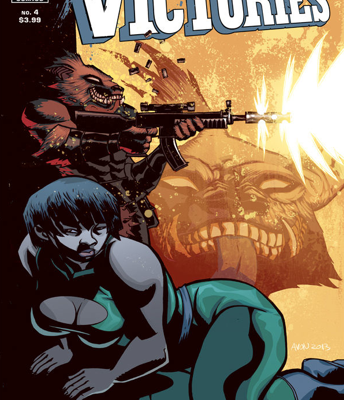
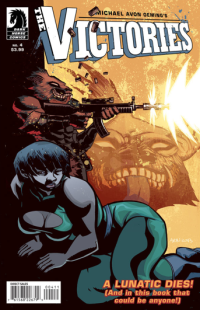


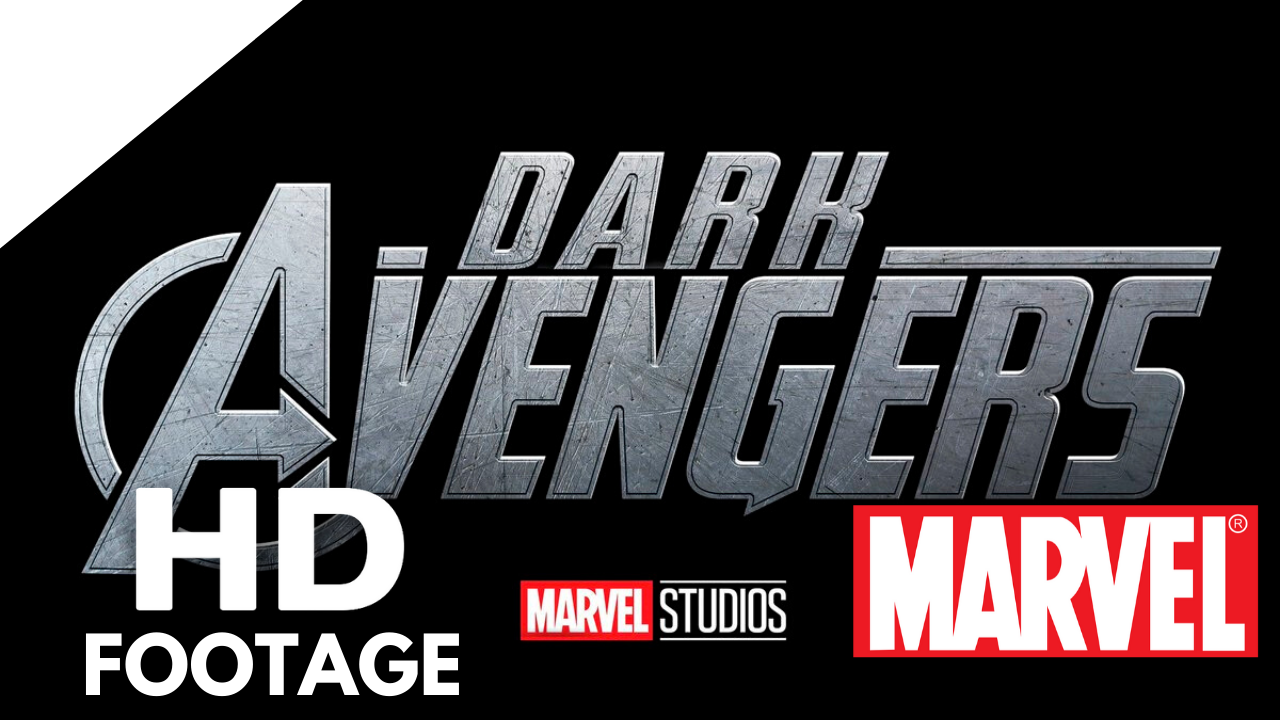
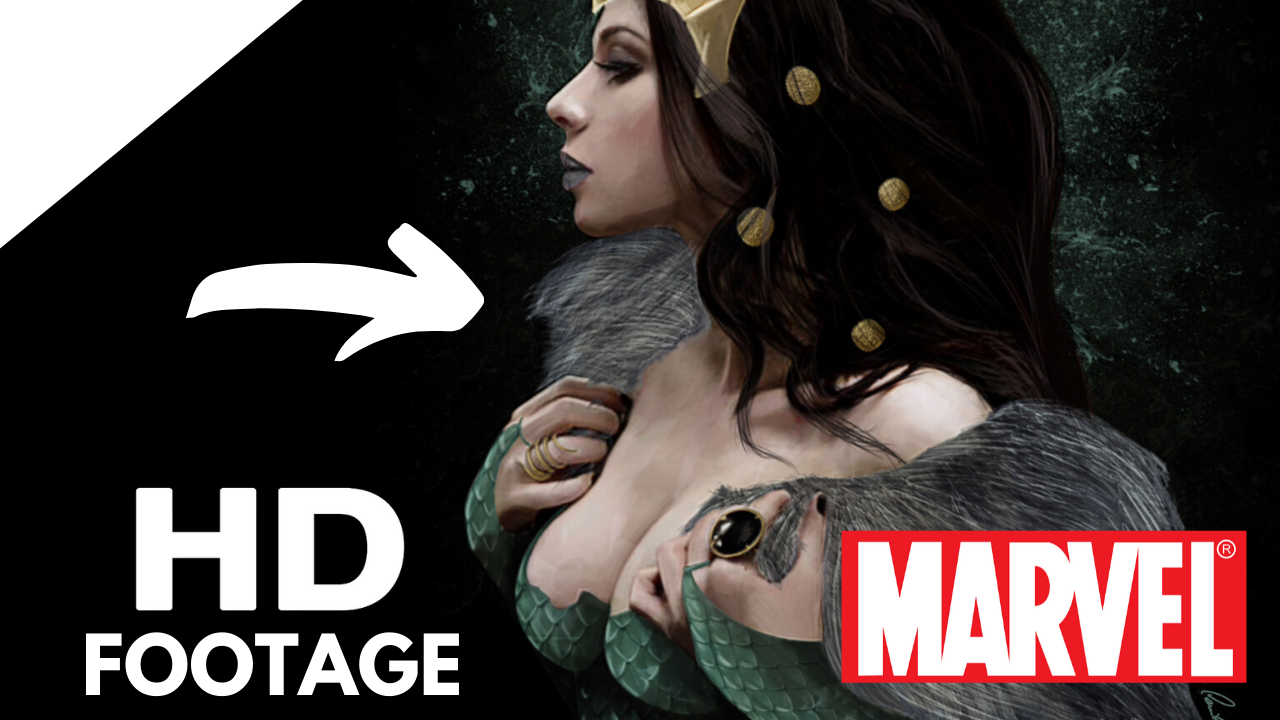

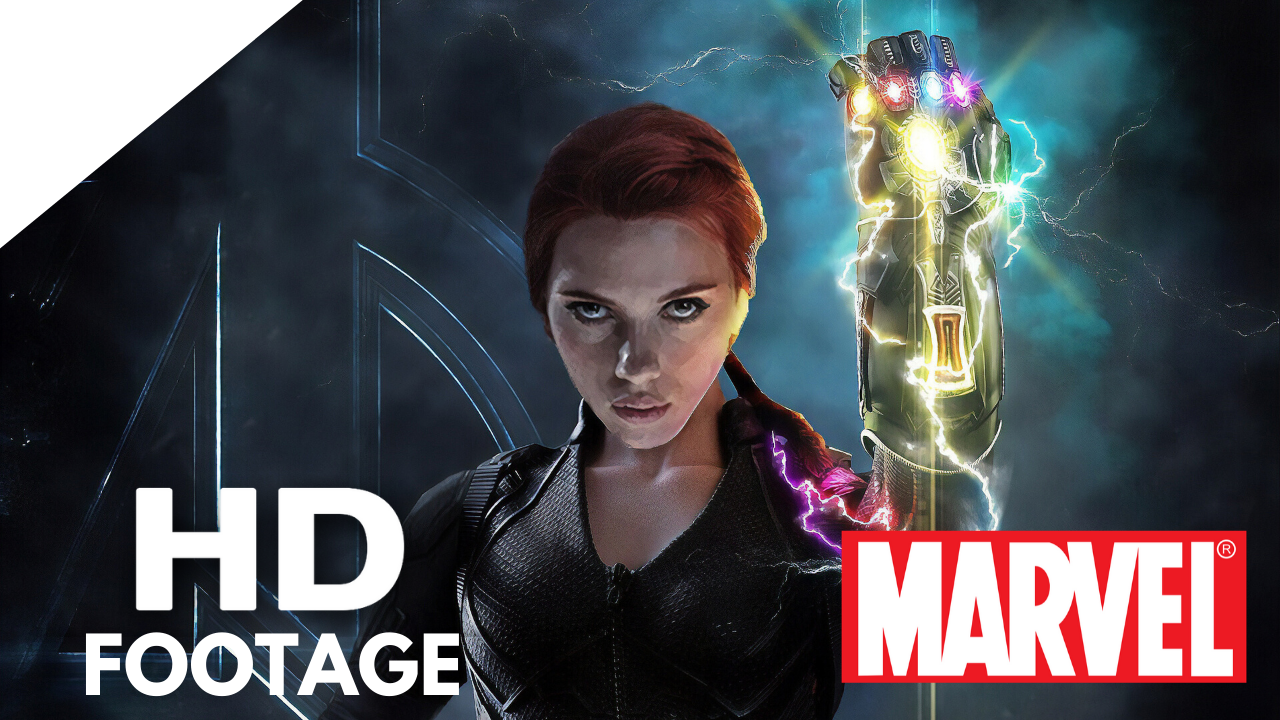
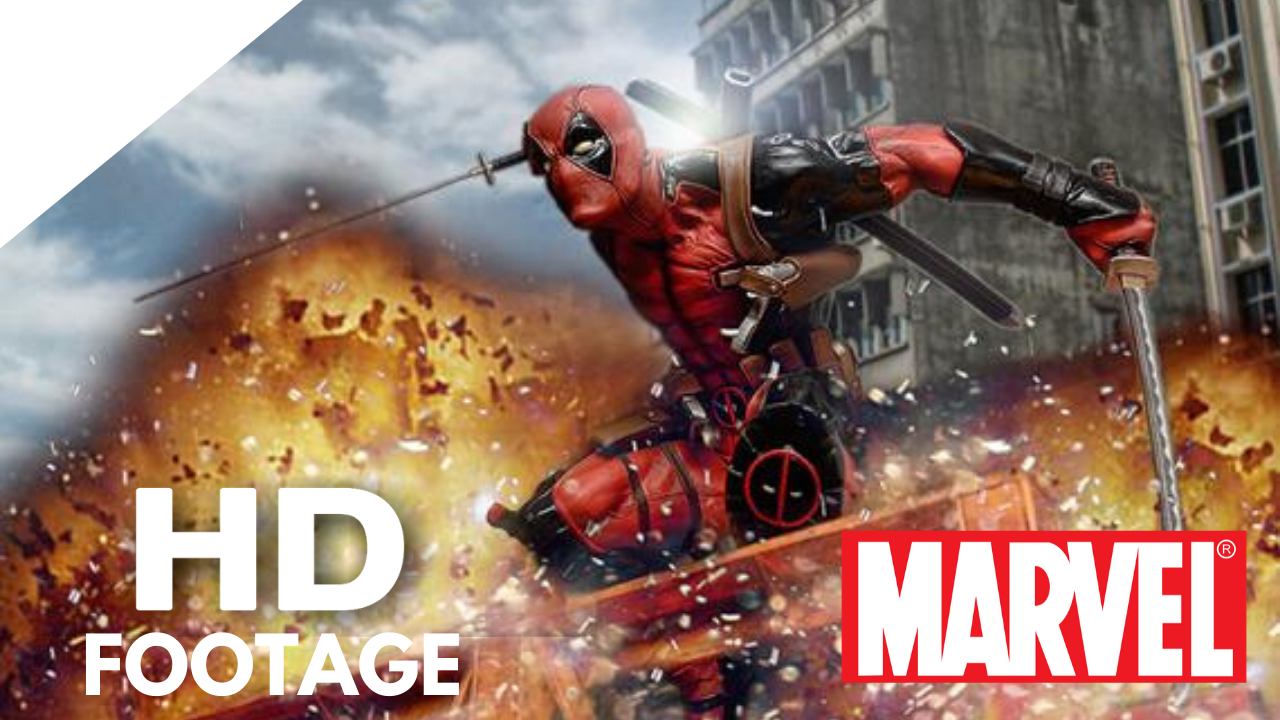

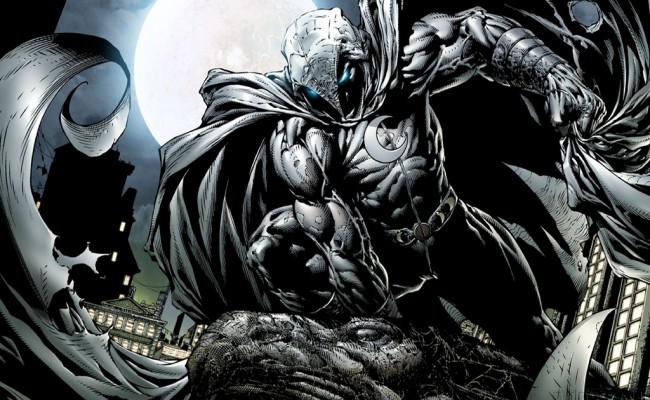

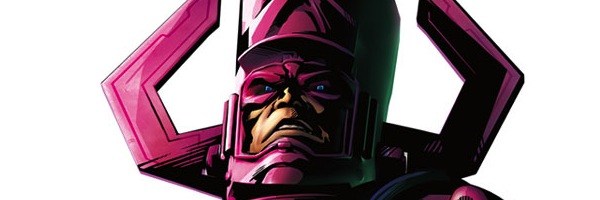

S#!T Talking Central